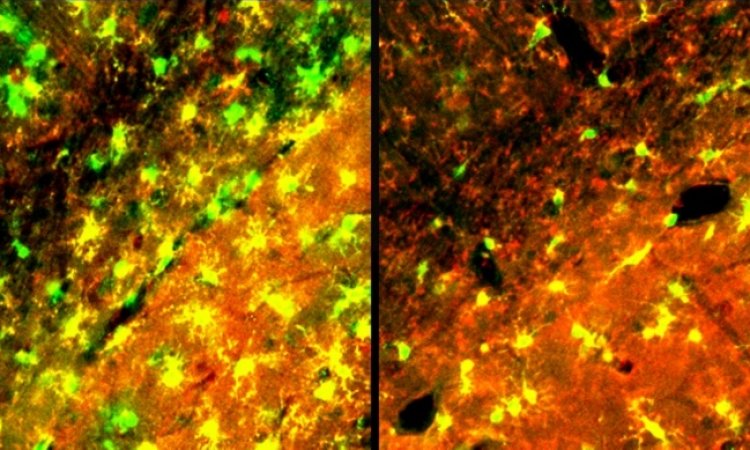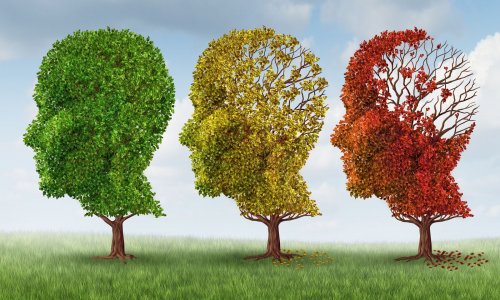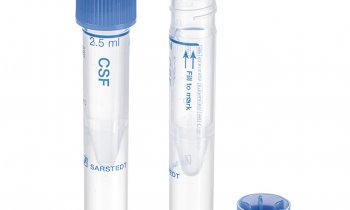News • Hypothyroidism as risk factor
To fend off dementia, take care of the thyroid
Older people with hypothyroidism may be at increased risk of developing dementia, according to a new study - even more so when thyroid hormone replacement medication is in effect.

Image source: Adobe Stock/triocean
This is according to a study published in Neurology. The risk of developing dementia was even higher for people whose thyroid condition required thyroid hormone replacement medication.
Hypothyroidism occurs when the thyroid gland doesn’t make enough thyroid hormones. This can slow metabolism. Symptoms include feeling tired, weight gain and sensitivity to cold. “In some cases, thyroid disorders have been associated with dementia symptoms that can be reversible with treatment,” said study author Chien-Hsiang Weng, MD, MPH, of Brown University in Providence, Rhode Island. “While more studies are needed to confirm these findings, people should be aware of thyroid problems as a possible risk factor for dementia and therapies that could prevent or slow irreversible cognitive decline.”
For the study, researchers looked at the health records of 7,843 people newly diagnosed with dementia in Taiwan and compared them to the same number of people who did not have dementia. Their average age was 75. Researchers looked to see who had a history of either hypothyroidism or hyperthyroidism. Hyperthyroidism, which is also called overactive thyroid, is when the thyroid produces too much hormone. This can increase metabolism. Symptoms include unintended weight loss, rapid or irregular heartbeat and nervousness or anxiety. A total of 102 people had hypothyroidism and 133 had hyperthyroidism.
One explanation for this could be that these people are more likely to experience greater symptoms from hypothyroidism where treatment was needed
Chien-Hsiang Weng
The researchers found no link between hyperthyroidism and dementia. Of the people with dementia, 68 people, or 0.9%, had hypothyroidism, compared to 34 of the people without dementia, or 0.4%. When researchers adjusted for other factors that could affect the risk of dementia, such as sex, age, high blood pressure and diabetes, they found that people over age 65 with hypothyroidism were 80% more likely to develop dementia than people the same age who did not have thyroid problems. For people younger than 65, having a history of hypothyroidism was not associated with an increased risk of dementia.
When researchers looked only at people who took medication for hypothyroidism, they found they were three times more likely to develop dementia than those who did not take medication. “One explanation for this could be that these people are more likely to experience greater symptoms from hypothyroidism where treatment was needed,” Weng said.
Weng noted that the observational study does not prove that hypothyroidism is a cause of dementia; it only shows an association. A limitation of the study was that researchers were not able to include information about how severe the hypothyroidism was for participants.
Source: American Academy of Neurology
07.07.2022











